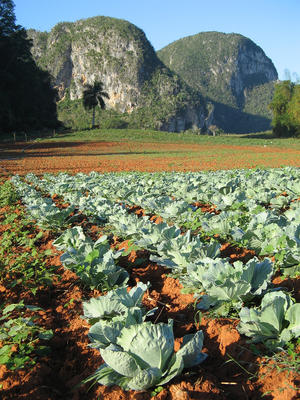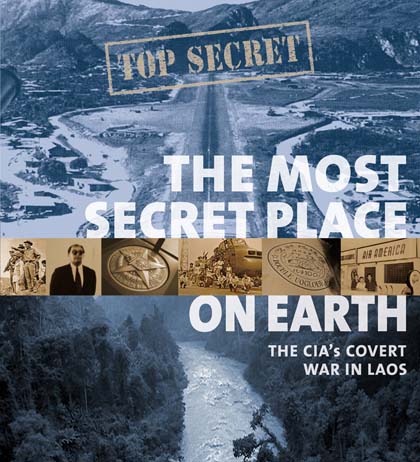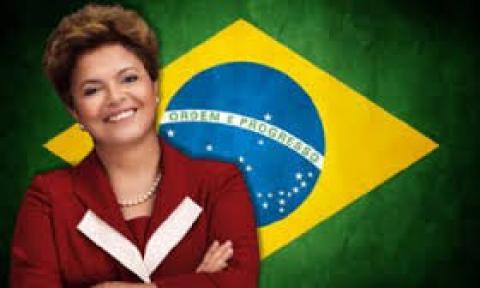
What though on hamely fare we dine,
Wear hoddin grey, an' a that;
Gie fools their silks, and knaves their wine;
A Man's a Man for a' that:
For a' that, and a' that,
Their tinsel show, an' a' that;
The honest man, tho' e'er sae poor,
Is king o' men for a' that.
- Robbie Burns
It is with great sadness that we announce the death of James Napier McCrorie on November 17, 2013. Jim (though always James to his mother) was born in Montreal Quebec in 1936 to Thomas and Margaret McCrorie, immigrants from Scotland. Jim is survived by his beloved wife and best friend Elaine (nee Cameron), and his children and their spouses whom he loved: Ian, Ann (Alistair Mackenzie), and Aaron (Carmen Abela). Jim was the very proud and loving grandfather of Nicole, Liam, Jenna, Kennedy. Reuben and Keira. An only child, he gained a clan-ful of siblings through the Camerons of Moore Park Manitoba - Don and Joyce Cameron, Niel and Marianne Cameron, Jean and Leo Kristjanson, Hector and Leonora Cameron. He is fondly remembered by all his nieces, nephews, dear friends and comrades of all ages and those who have described him as a second father.
Growing up in Montreal, Jim learned to speak joual and remained proud throughout his life of his ability to speak the working man's French. He became a life long fan of the Habs and taught us all that Maurice "the Rocket" Richard was the greatest hockey player ever. Montreal remained dear to his heart throughout his life. Growing up he also learned to play the piano, and while he regretted that lessons and practice kept him from mischief with his pals, we all appreciated the magic his playing brought to many occasions.
All who knew Jim, will remember his love of the sea and trains. He came by it honestly - sailing across the Atlantic to visit his "ain falk" in Ayrshire at 16, working in the dining cars for CP Rail after high school and proudly serving in the Royal Canadian Navy. Throughout his life Jim would take the train while others would fly or drive and he had just booked his next big trip, Ottawa to Melville, when he passed away.
Jim studied sociology at McGill University and got his doctorate from the University of Illinois at Urbana-Champaign. The opportunity to work with the Saskatchewan Farmers Union brought this city boy to the prairies which he came to love and provided the subject of his doctoral thesis - "In Union is Strength". It was while working in Saskatoon that Jim's friend and colleague Leo Kristjanson introduced him to Elaine Cameron. She eventually forgave Leo and married Jim in 1964 with a memorable reception at the Wright farm south of Saskatoon. Thanks to their love for each other (and Elaine's patience) they enjoyed almost 50 years of happy marriage.
The chance to help build a new and teaching-centric program brought Jim to the newly established University of Regina in 1965. It was in Regina that Jim and Elaine raised their family - with two memorable yearlong sojourns in Scotland. As a father Jim instilled an appreciation of honest hard work, love of life and family and a social conscience in his children. And while life was busy he always found time to watch the kids play hockey, volleyball or football. The outcome did not matter, it was the effort that mattered. And as a grandfather Jim continued to teach these lessons and adored spending time with all of his grandchildren.
Jim combined a love of teaching and academia with the passion and conviction to change the world. For Jim, social activism and teaching were inseparable efforts to make the world a better, more socially and economically just place. There were victories and defeats, but the progressive struggle continued – in the classroom, through distance education and on the NDP convention floor. And where Jim wasn't active, those he taught and mentored were.
As an academic, Jim took a particular interest in the social effects of North Sea oil development, the life and career of Scotland's Roderick MacFarquar ("The Highland Cause") and the experience of Canada's Spanish Civil War vets. Jim was among those who played a leading role in establishing the Spanish Civil War memorial in Ottawa.
In the 1980's, Jim took a break from teaching and became Director of the Canadian Plains Research Center. The job combined his deep love of the prairies with the opportunity to continue learning and teaching by reaching out to similar social and ecological regions as far flung as Nebraska and Kazakhstan. Jim finally retired in 1996, but remained active intellectually ("The Man in the Green Truck"), politically and socially.
Jim loved to talk with, not to, everyone. No matter where you came from, what you did, or how old you were he wanted to hear your story and learn from you. And while he was passionate in his convictions, he was respectful of those who viewed the world differently. Red-Clyde Marxists, Spanish Civil War vets, musicians, wary teenagers and former Progressive Conservative cabinet ministers were all welcome at the McCrorie dinner table.
Jim loved to tell stories, sometimes more than once. And he had a great sense of mischief and fun. Supper time, hogmanay, the Brigadier's lunch, family reunions, visits and all those other occasions that Jim loved so much will sadly be a touch more sedate without his stories, gentle jokes and infectious laugh.
We loved Jim and he will be missed. In lieu of flowers the family asks that donations be made to the Dr. Paul Schwann Centre's Cardiac Rehabilitation and Chronic Disease Prevention, Management and Risk Reduction Program at the University of Regina (3737 Wascana Parkway, Regina, SK S4S 0A2) or the Canadian Center for Policy Alternatives (500-251 Bank Street, Ottawa, ON K2P 1X3).
Family and friends are invited to sign the online obituary and tributes page at www.regina-memorial.ca. Arrangements entrusted to - See more at: http://www.legacy.com/obituaries/montrealgazette/obituary.aspx?n=james-mccrorie&pid=168122304#sthash.YvwW1aLR.dpuf
.jpg)





















